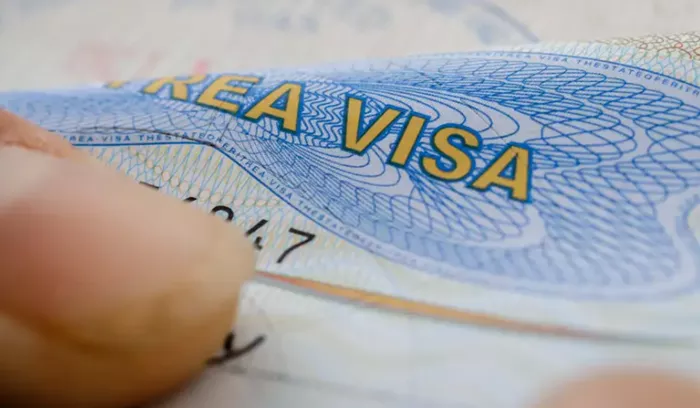Germany is set to issue 10% more skilled worker visas in 2024 than in the previous year, the government announced on Sunday. This follows last year’s overhaul of immigration rules aimed at addressing the country’s ongoing labor shortages.
Currently, around 1.34 million jobs remain unfilled in Germany, prompting the government to adopt a new points-based system similar to Canada’s. The Opportunity Card, introduced last year, simplifies the process for professionals and university graduates from non-European Union countries to enter Germany to study, work, or seek job opportunities.
Under the new system, skilled workers from outside the EU can now enter Germany without the requirement of having their qualifications recognized beforehand.
How the Reforms Are Impacting Immigration
By the end of 2024, Germany expects to issue 200,000 professional visas, marking a 10% increase compared to 2023, according to a statement from three German government ministries.
There has been significant demand for visas to study in Germany, pursue vocational training, or have foreign qualifications recognized. The number of student visas granted to non-EU nationals rose by more than 20%, while the number of vocational training visas surged by about two-thirds. Additionally, applications for foreign qualification recognition increased by nearly 50%.
Bureaucratic Challenges Remain
Interior Minister Nancy Faeser praised the reforms, stating that talented young people can now complete their training and studies more easily in Germany. She also emphasized that the Opportunity Card enables skilled professionals to find jobs more quickly.
Foreign Minister Annalena Baerbock echoed this, noting that Germany’s labor shortages remain severe, with the country needing 400,000 skilled workers each year. She praised the Skilled Immigration Act, calling it Europe’s most modern immigration law, and emphasized its potential to boost Germany’s economy.
How the Opportunity Card Works
The Opportunity Card uses a points system to assess applicants based on factors such as qualifications, experience, and knowledge. Extra points are awarded for qualifications in occupations facing labor shortages, partial recognition of foreign qualifications, age, language skills, and previous connections to Germany. Applicants must also show they have at least €1,000 ($1,050) per month to cover their living expenses.
Over the past five years, Germany has created around 1.6 million jobs, with nearly 90% of those positions filled by foreign workers.
However, immigration remains a controversial issue. Critics argue that the country has struggled to integrate over a million migrants who arrived in 2015-2016, many fleeing the Syrian civil war. Since the Russian invasion of Ukraine in 2022, Germany has faced another wave of immigration.
The far-right Alternative for Germany (AfD) party, which currently holds around 19% of the national vote, is focusing on reducing immigration in its campaign for the upcoming snap election in February.
Related topics:
- Immigrant Advocates Urge Biden: ‘Act Now to Address Urgent Crisis’
- Deported Immigrant Vows to Continue Supporting Trump, No Matter What
- How Federal Immigration Restrictions Will Slow Winnipeg’s Population Growth: Economic Outlook


